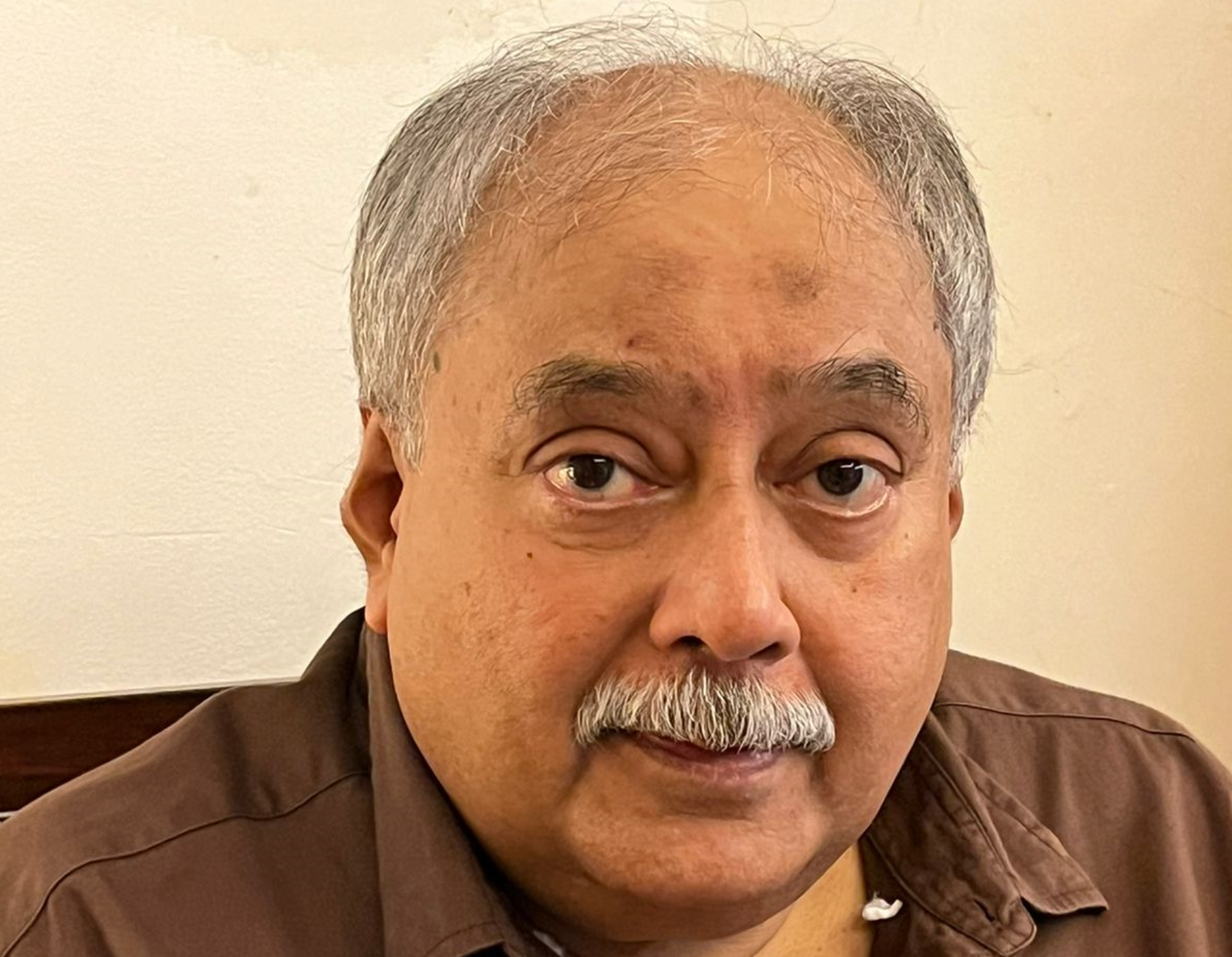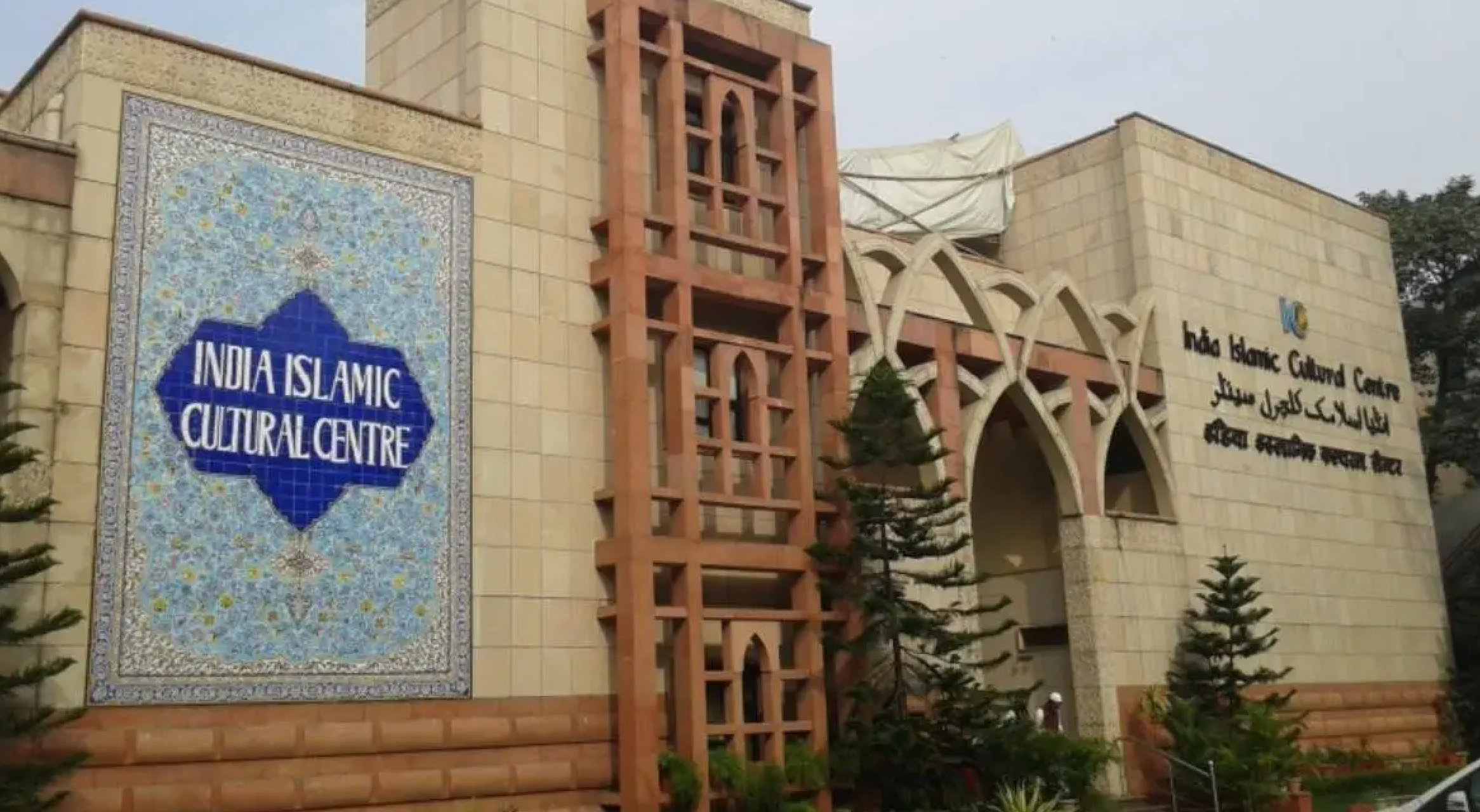 Afzal Amanullah
Afzal Amanullah
Veteran bureaucrat Afzal Amanullah announced his candidacy for IICC presidentship
A top-notch veteran ex-bureaucrat, Afzal Amanullah, belonging to the 1979 batch of IAS cadre, has announced his candidacy for the presidency of the Delhi-based India Islamic Cultural Centre (IICC) following his extensive interactions with IICC voters and people from various walks of life. Amanullah, a well-regarded Muslim leader, joins the race with a mission to build the IICC as a world-class institution and to promote and improve the understanding of Indian Muslims, their heritage, the challenges, and the Islamic world vis-a-vis India.
Amanullah, who served in the IAS for 37 years until his retirement in 2016 as secretary to the government of India, Ministry of Parliamentary Affairs, said, "The state of affairs at the IICC and its present condition needs a major revamp. There is a need for a vision along with strong execution if this Institution is to grow and reach a certain international stature”. The veteran ex-bureaucrat was speaking in an interview in which he dwelt at length on the need for reforms at IICC, his vision and mission, and his efforts to use the center to showcase India's rich and glorious Muslim cultural heritage.
He said that “the IICC, despite being a top-rated institution in India’s capital, has not much to offer to its members at the moment.” “Members of the IICC should feel privileged and proud of their membership, and this should translate into actual benefits for the members,” said Amanullah, commenting on the need to improve the physical infrastructure of the center. “I would like to set policies and processes at IICC that would ensure the institution’s sustainability, ensure checks and balances, as well as accountability in its functioning,” he added.
With about six weeks to go, the campaign for the IICC election has been intensified. More than 2000 voters, including high-profile IICC members like Member of Parliament Tariq Anwar, journalist Shahid Siddiqui, Ghulam Nabi Azad, Farooq Abdullah, Dr. Karan Singh, and former union minister Mohsina Kidwai will participate in the election on August 11. There are seven candidates in the fray for the post of president, while an equal number of candidates are contesting for the post of vice president. A panel of seven members for the IICC board of trustees will also be elected together with four members of the executive committee.
Amanullah is comparatively a better candidate for the position of the IICC president. Besides being a top-notch bureaucrat, he is a versatile genius holding a number of positions in the past both in the state government and central government. He is credited with working as magistrate, inspector general of prisons, home secretary, cabinet secretary, joint secretary in central government, and special secretary. He also headed the Bureau of Indian Standards, the national standards body of India for standardization and certification of goods.
Spelling out his policies and plans as an IICC presidential candidate, Amanullah said that “there needs to be not only showcasing of the aspects of our cultural heritage through a structured calendar of activities, but also efforts for the preservation, research, and publication of our cultural heritage which have been deeply influenced by Islam and the teachings of our beloved Prophet Muhammed (pbuh) and the various Sufi saints who continue to be revered by all communities in the subcontinent.”

To this end, he recounted his experience of setting up various institutions from scratch, the most recent being the establishment of the Real Estate Regulatory Authority of Bihar (RERA Bihar) to regulate the real estate sector in the state, as well as to protect the interest of consumers and to facilitate transparency and authenticity in real estate transactions. “I was the first chairman of RERA Bihar, where I set up the infrastructure of RERA, such as setting up the office, recruitment of staff, and setting procedures,” he explained.
Amanullah also recalled his tenure as consul general of India in Saudi Arabia. He said, "the Indian expatriates who were working in the Kingdom between 1996 and 2000 might remember my tenure as the Consul General of India, based in Jeddah.” “I took charge of streamlining the Hajj operations, conducted in-person training of hundreds of personnel on deputation coming from India to serve the Hajis every year, wrote a training manual and a manual for training the trainers who would assist the pilgrims in India coming for Hajj,” he added.
The former bureaucrat, who donned the role of a diplomat as consul general in Jeddah and authored a booklet on the five days of the Hajj pilgrimage and provided initial training to the trainers in the Mumbai Hajj Committee, said that “ I plan to hold a meeting of all the members of IICC to get to know their views on the vision, mission, and objectives of IICC”. “Subsequently, I plan to hold meetings with the elected members and the staff of IICC to understand the vulnerabilities and gaps within the institution and draw up a master plan of action that would prioritize the redressal of the most urgent issues versus those issues which we would tackle in slower time,” he explained.
Explaining the priorities of his works, he said that “one of the first things I plan to do after elections is to prepare a status report on the financial position of IICC, assets, debts and liabilities and state of financial audit of the IICC, to enable the members to get a clear picture of what has transpired over the last many years.” Moreover, Amanullah has pledged to work to promote IICC as a top-class institution and take every stakeholder on board to achieve this mission.
A highly-experieced bureaucrat, Amanullah has worked in a variety of sectors. Post retirement in 2016, Amnuallah chaired two committees set up by the Indian government’s Ministry of Minority Affairs to look into the establishment of educational institutions for minorities in India. The committee had the mandate to review and recommend new and efficient ways for the government to facilitate the Hajj pilgrims. Since early 2018, he has been acting as an arbitrator for disputes between government agencies and private contracting parties in the infrastructure sector.
The IICC, now a hub of social and cultural activities and programs, seminars, and symposiums on mostly Muslim issues, was inaugurated by Congress president and UPA chairperson Sonia Gandhi on June 12, 2006. Indian Prime Minister Indira Gandhi laid the center's foundation stone on August 24, 1984. The main objective of the IICC is to promote mutual understanding and amity among the people of India and to depict the true face of Islam which is most tolerant, liberal, progressive, rational and forward looking religion besides being based on cardinal principles of human values irrespective of faith, caste, creed and color.








